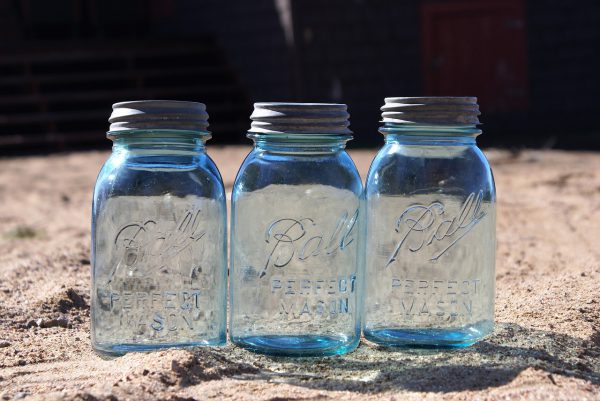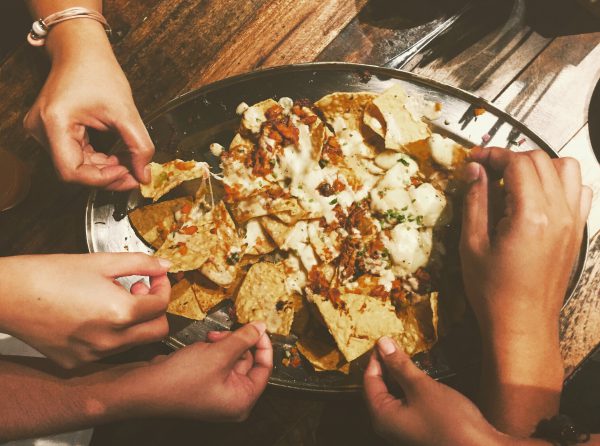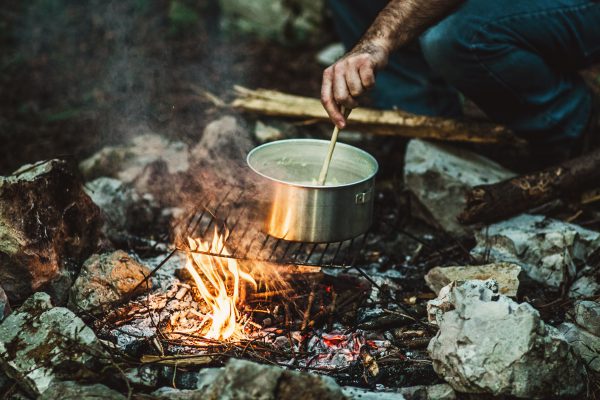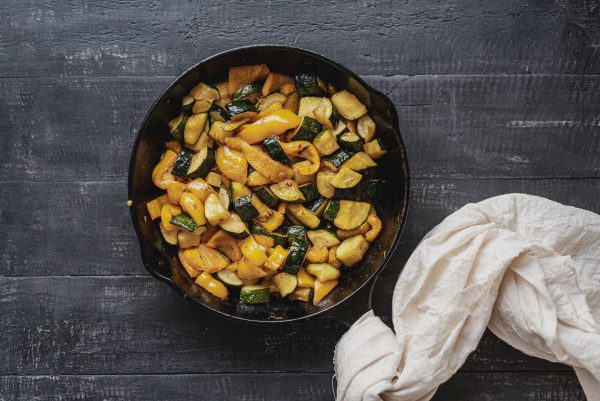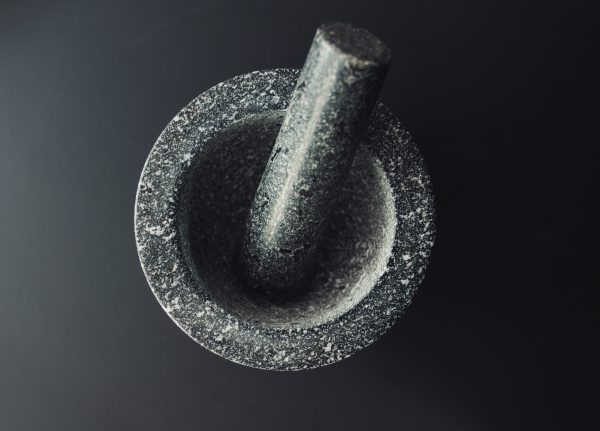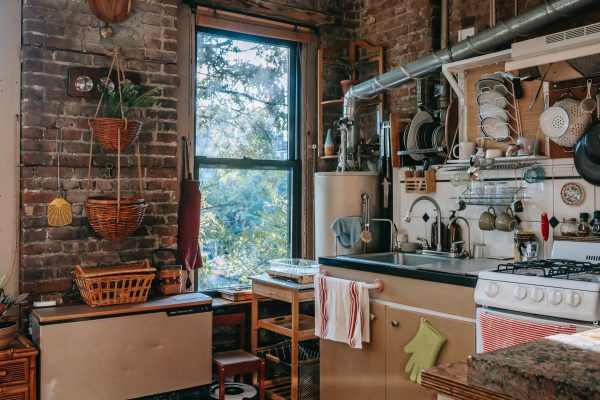Last Updated on September 26, 2022
Some cooks like to eyeball the ingredient amount, while others like to trust the consistency of measurements. If you’re one of the latter, we’re here to tell you how digital kitchen scales can significantly improve your dishes. This kitchen tool is very easy to use and ensures you get the result you’re going for.
Why Measuring Cups Aren’t Enough?
Before we talk about the benefits of using digital food scales, let’s take a step back and discuss the use of measuring cups.
Measuring cups are primarily used to measure the volume of the ingredients, but if you want to measure their weight, you would need a kitchen scale. So, the difference is about that old trick question: Which is heavier, a kilo of feathers or a kilo of rocks? Well, you know the answer. But a kilo of feathers can take up an entire room, while a kilo of rocks can only fill a bucket.
In general, a cup equals approximately 240 grams. But if you measure a cup of water, a cup of flour, and a cup of chocolate drops, you’ll see that only water weighs about 240 grams, while the rest vary depending on their sizes and degree of fineness.
So when your recipe says you need 240 grams of chocolate drops and you reach out for your measuring cup, you’ll probably end up a couple of dozen grams short of the amount you need. This can cost you a failed recipe and you wouldn’t have a clue what went wrong.
Why Use a Digital Kitchen Scale?
Our grandmothers didn’t use digital kitchen scales for their recipes. However, this doesn’t mean the tool itself is redundant — they didn’t use the internet either, but here we are! Kitchen scales unlock so many things in the kitchen, so much so that we think it’s one of the 12 must-have kitchen tools that you shouldn’t miss out on.
It’s true that some recipes don’t require strict measurements, especially if you’re making the same portion size all the time. However, if you ask a baker, you’ll probably hear a manifesto about the importance of measurements. The same goes for fermenting foods, brewing coffee, and mixing cocktails.
Some of the reasons you need a digital kitchen scale are:
- Kitchen scales measure weight as opposed to volume. The volume of an ingredient changes drastically based on the density of the ingredient you scoop into the cup. On the other hand, its weight never changes, so kitchen scales can give you precise numbers every time.
- Kitchen scales let you use any bowl you like. You can use your cup, bowl, or glass, without being restricted to a measuring cup.
- Kitchen scales help you double or triple your recipes and still be concise with what goes in. Consequently, the lack of precision with measuring cups makes them error-prone when you want to adjust your recipes.
- Kitchen scales are very easy to use. Simply place your mixing bowl on your scale and start adding your ingredients. You can zero the scale once you add each ingredient to continue weighing without having to add up.
1. Baking
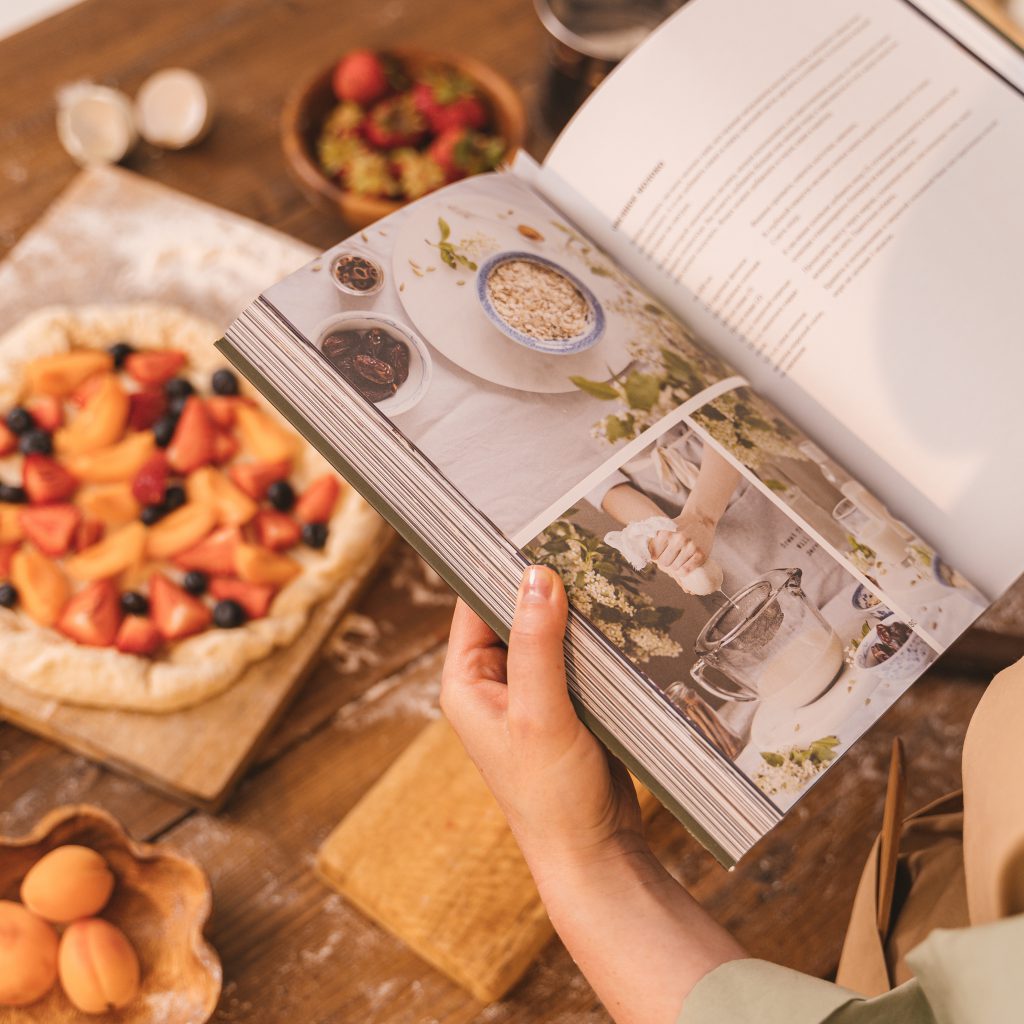
Baking is therapeutic and fun as its end result disseminates happiness to everyone. Nothing beats the impression you’ll see on your family and friends’ faces when you serve your freshly-baked brownies that taste out of this world.
Well, to achieve that level of baking, you need to use a kitchen scale. Why? Because the right amount of ingredients that go into the cake affects its consistency, texture, and taste. And the perfect harmony in pastries sits on a fine line.
To master the art of baking, accuracy is key. Even pro bakers don’t skip on their kitchen scales, so if you’re an average Joe when it comes to baking, keep in mind that in order to improve, you need to know what went wrong first.
2. Fermenting
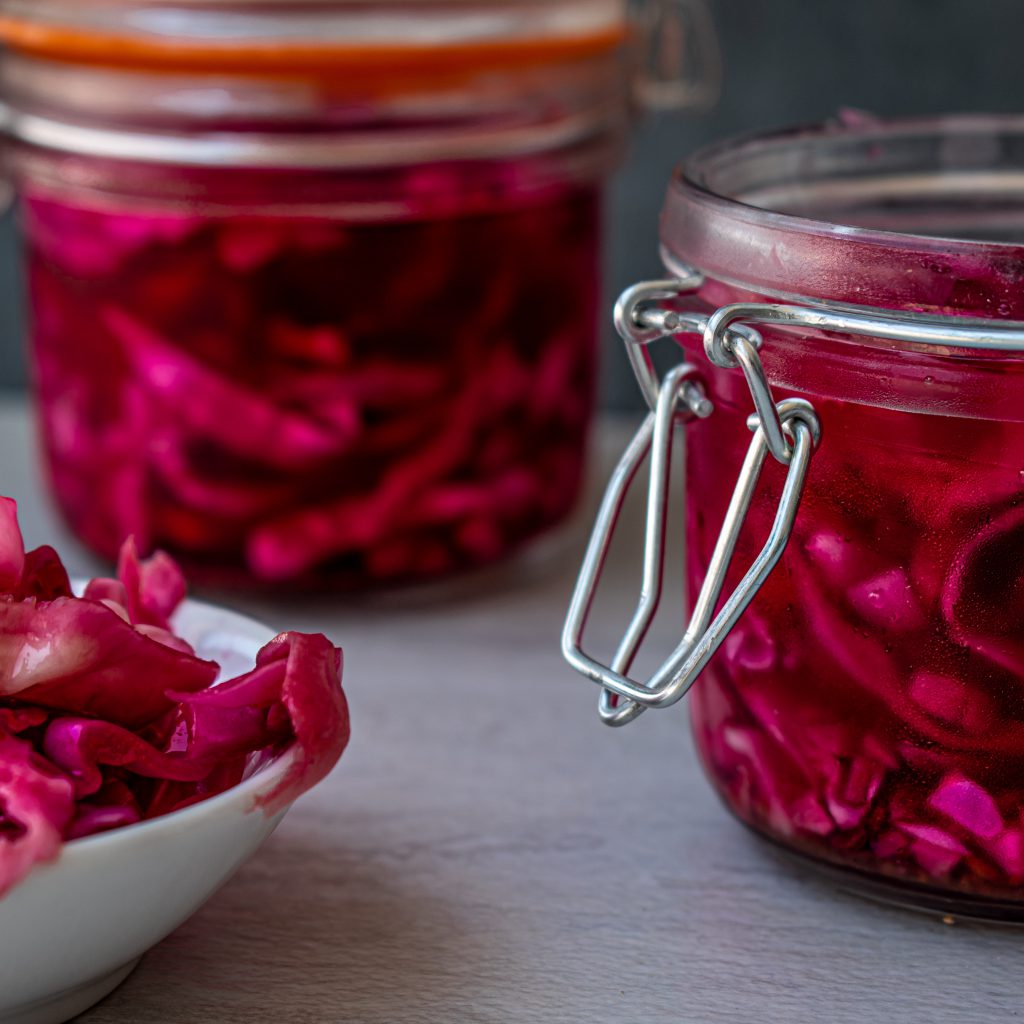
Once you discover the funky world of fermented foods, there is no going back. Fermented foods date back thousands of years because it’s an incredible technique to preserve foods. Plus, not only are they good for your taste buds, but they’re also great for your digestive system.
What gives fermented dishes like sauerkraut, kimchi, or sriracha their sourness is lactic acid, which is produced by the microorganisms called lactobacillus. These little fellows are actually present in every vegetable. When fermenting those vegetables, you need to preserve these microorganisms and ensure they overcome the other bacteria that cause decay and spoilage.
If you try to make fermented dishes like sriracha without the help of a kitchen scale, a good deal of trial and error awaits you. In order to create the perfect environment for the lactobacillus to flourish, you need a good balance of salt and water to ferment your chosen veggies.
3. Measuring Calories and Nutritional Information
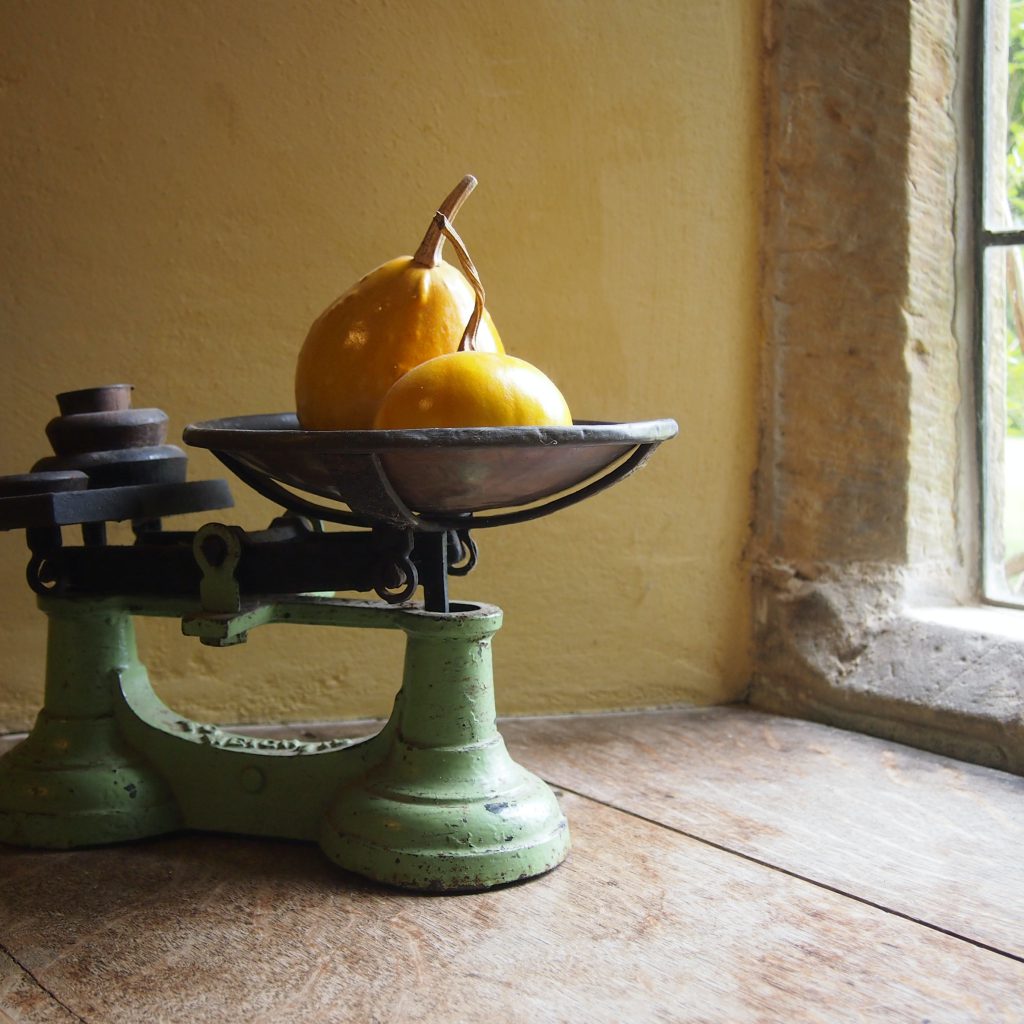
If you’re an intuitive eater, that’s great! But you need numbers and consistency if you’re following a strict diet to lose weight or want to compensate for nutritional deficiencies.
Luckily, all packaged foods come with a label that states the nutritional information and the number of calories in the food. But what about the food you’re preparing yourself?
To find out the exact amount of carbs, protein, fat, or minerals like calcium, magnesium, and iron in your food, you need to scale the ingredients and do some additional math. Some advanced kitchen scales can even give you the nutritional info of what you’re scaling.
4. Brewing Coffee
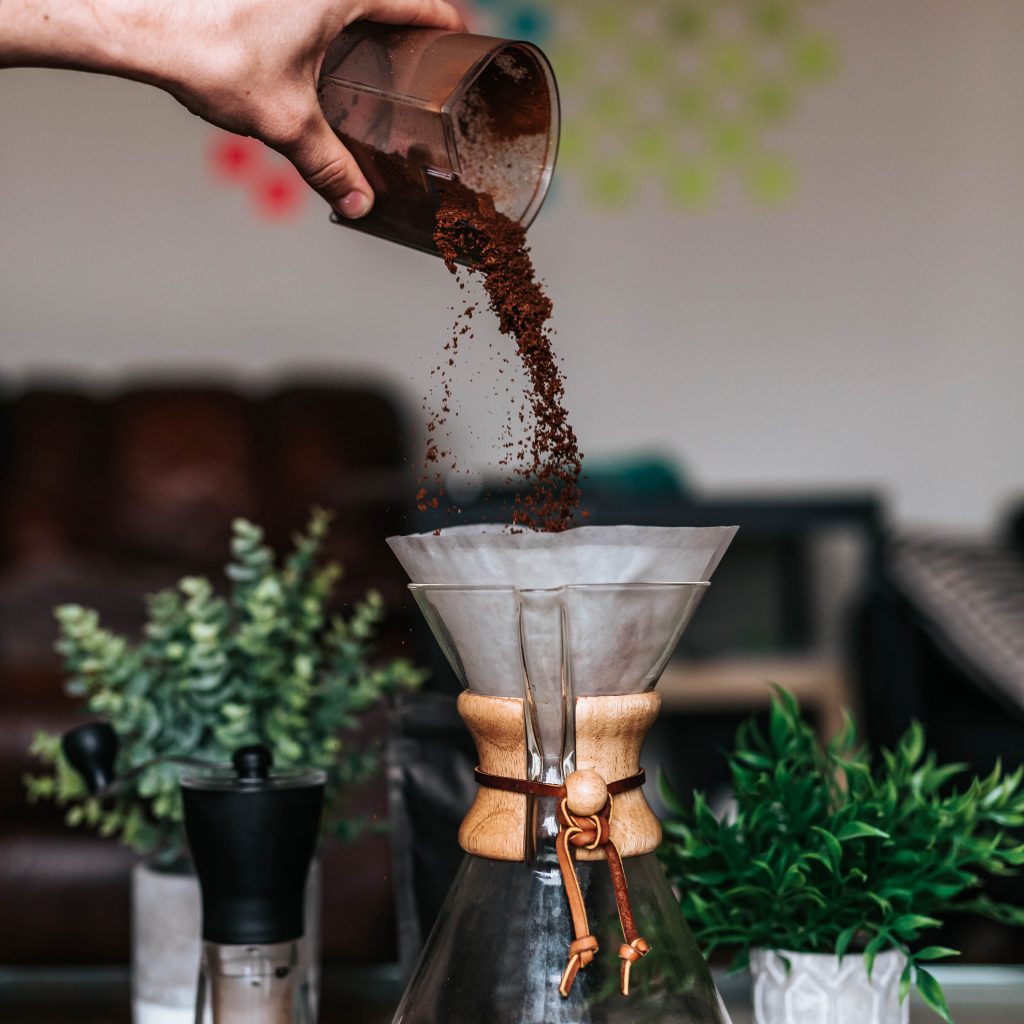
If you think you can make a perfect cup of coffee without properly measuring your beans, make sure to keep that from your barista, as they’ll probably give a lecture about the importance of accuracy.
Whether you’re making coffee with an espresso machine or a manual brewer, you can’t eyeball the amount of coffee you’re pouring in. Some beans are small, some are larger, and to have the best cup of coffee every time, you need to be consistent with how much you’re putting in. This is why high-quality coffee is brewed at a weight-based bean vs. water ratio.
5. Mixing Beverages
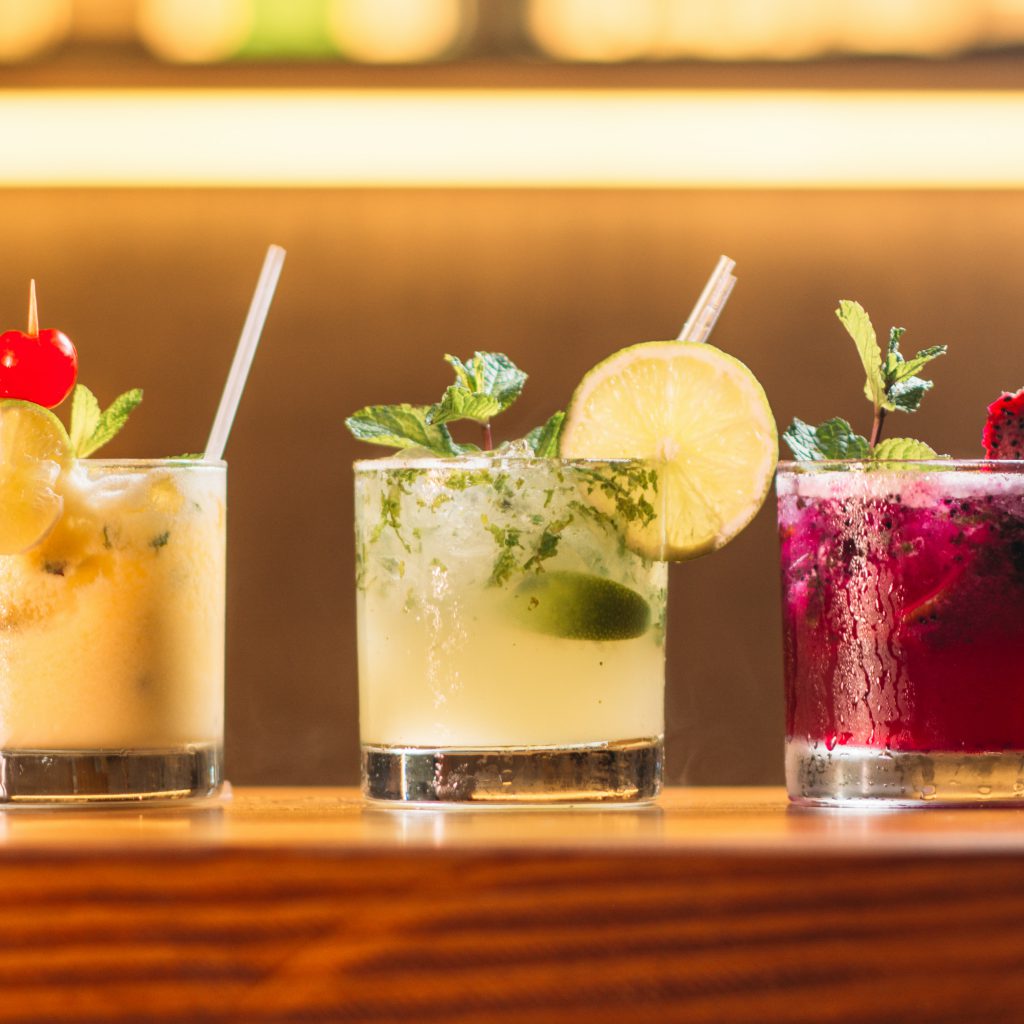
Another skill where accuracy creates wonders is mixology. If you’re into the art of preparing, inventing, and serving cocktails, you need to be precise when measuring your ingredients. You don’t want to skimp on alcohol in your cocktails, but overdoing it with vodka can ruin your White Russian. Measuring what goes into a drink enables you to mix drinks that are more intense in flavor and hit the right flavor combinations.
Over and Out!
When you own a kitchen scale, you don’t have to use multiple spoons and measuring cups, which means less mess when you finish cooking and more time to admire what you’ve just prepared.
To cook with a kitchen scale, you simply put your mixing bowl on the scale, press the zero key, and start adding your ingredients! This tool helps you easily measure your ingredients without using extra cups and dishes. Best of all, you can double and triple your recipes without a problem and have successful dishes every time.
